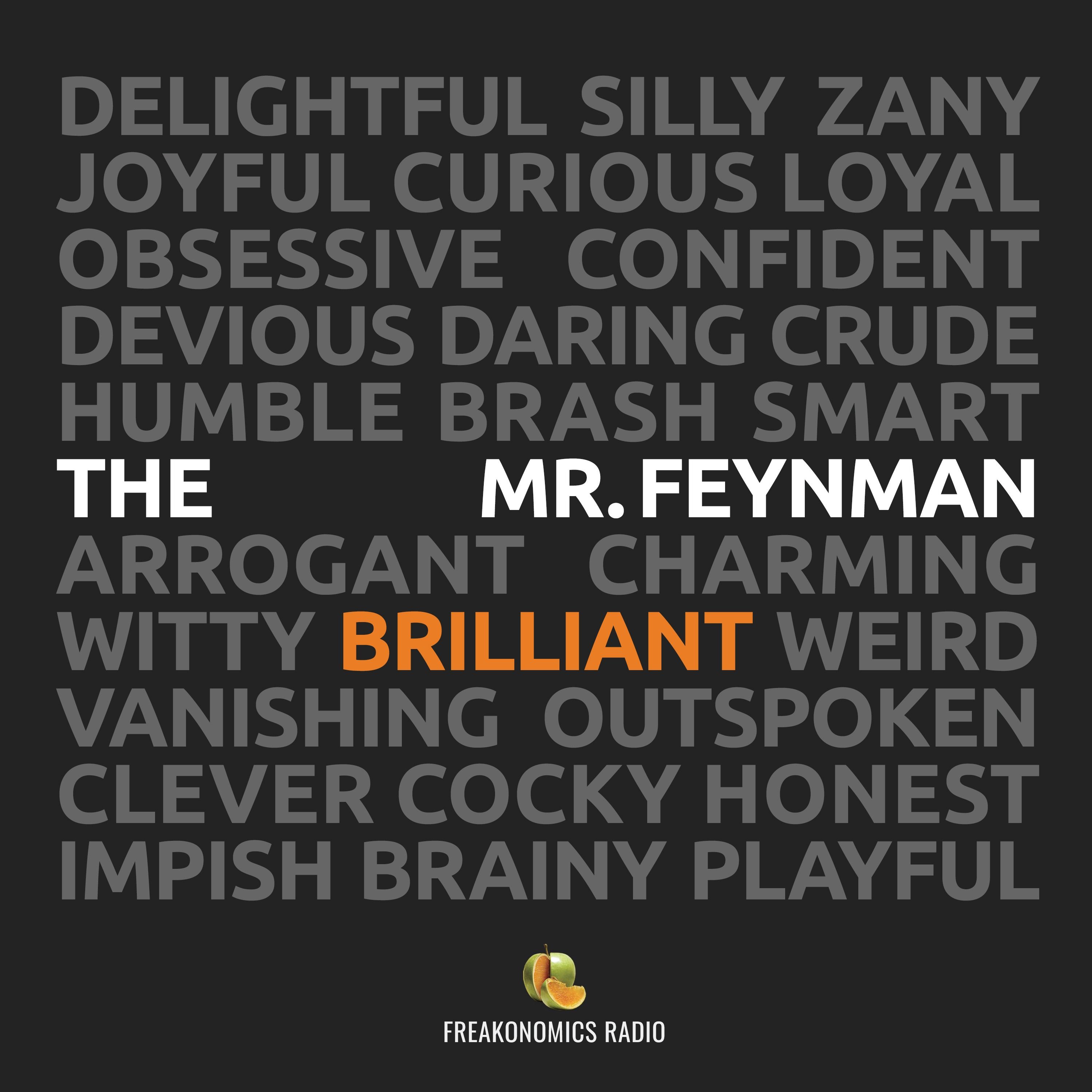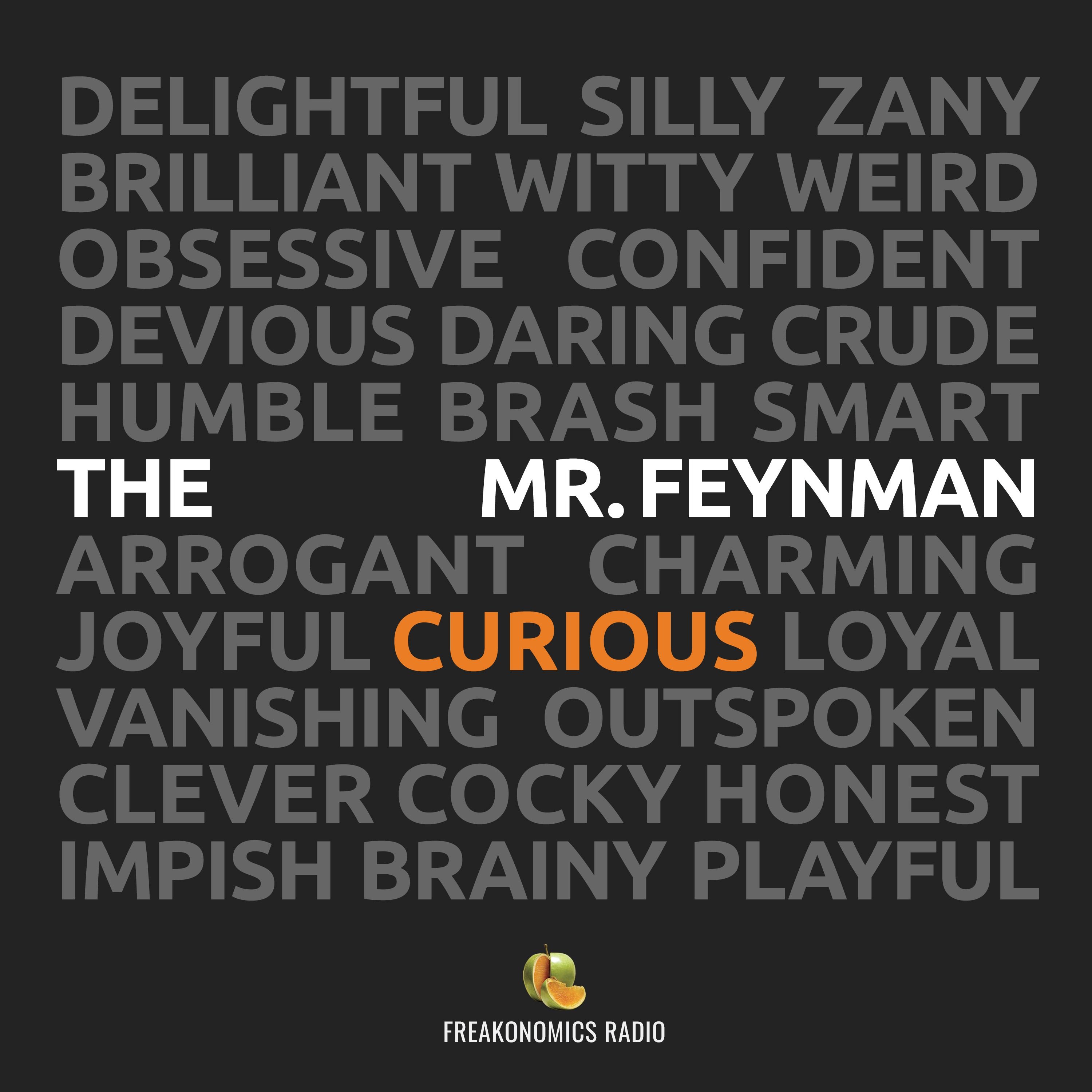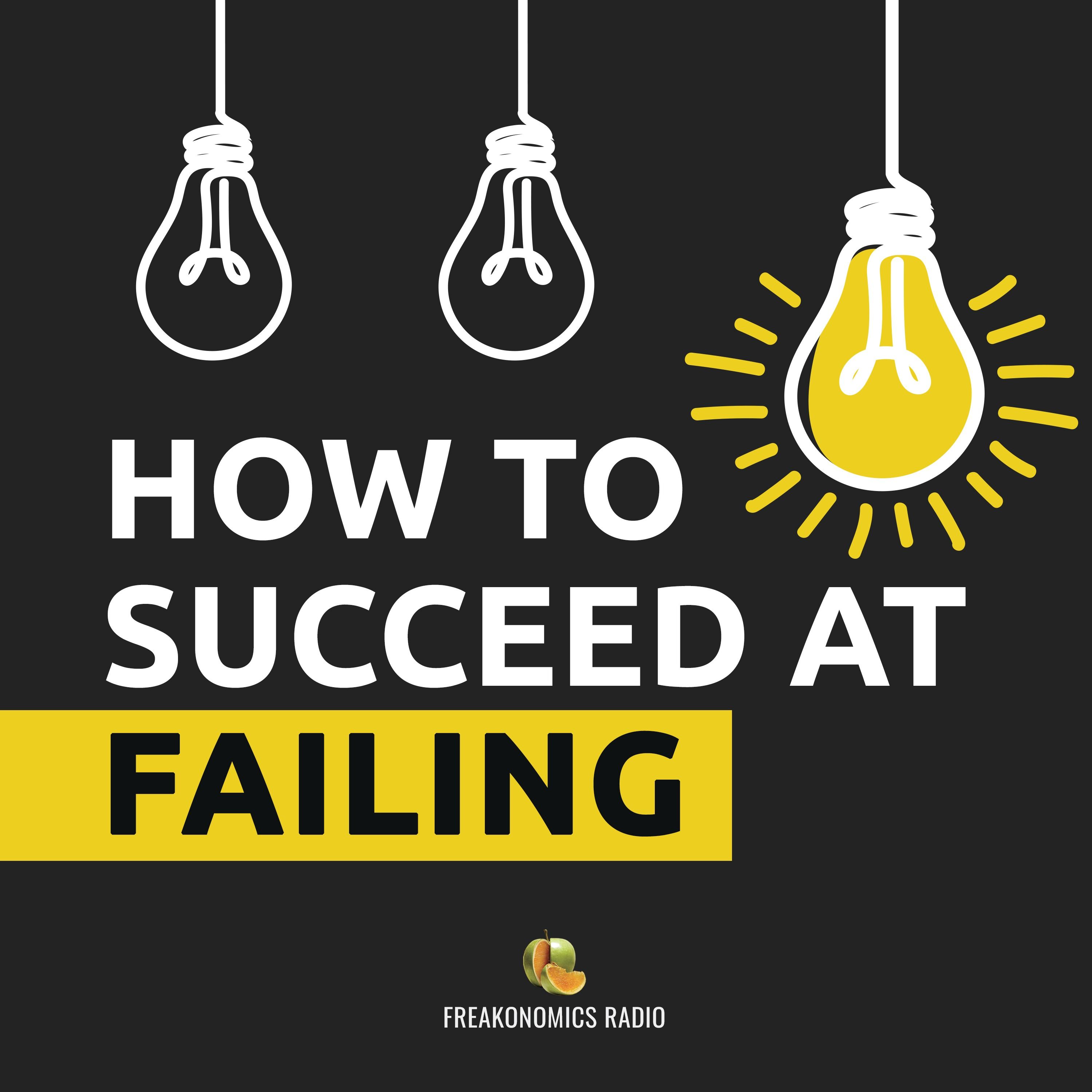The Brilliant Mr. Feynman

What happens when an existentially depressed and recently widowed young physicist from Queens gets a fresh start in California? We follow Richard Feynman out west, to explore his long and extremely fruitful second act. (Part two of a three-part series.)
- SOURCES:
- Seamus Blackley, video game designer and creator of the Xbox.
- Carl Feynman, computer scientist and son of Richard Feynman.
- Michelle Feynman, photographer and daughter of Richard Feynman.
- Ralph Leighton, biographer and film producer.
- Charles Mann, science journalist and author.
- John Preskill, professor of theoretical physics at the California Institute of Technology.
- Lisa Randall, professor of theoretical particle physics and cosmology at Harvard University.
- Christopher Sykes, documentary filmmaker.
- Stephen Wolfram, founder and C.E.O. of Wolfram Research; creator of Mathematica, Wolfram|Alpha, and the Wolfram Language.
- Alan Zorthian, architect.
- RESOURCES:
- "Love After Life: Nobel-Winning Physicist Richard Feynman’s Extraordinary Letter to His Departed Wife," by Maria Popova (The Marginalian, 2017).
- Quantum Man: Richard Feynman's Life in Science, by Lawrence M. Krauss (2011).
- The Pleasure of Finding Things Out, by Richard Feynman (1999).
- Genius: The Life and Science of Richard Feynman, by James Gleick (1992).
- "G. Feynman; Landscape Expert, Physicist’s Widow," (Los Angeles Times, 1990).
- "Nobel Physicist R. P. Feynman of Caltech Dies," by Lee Dye (Los Angeles Times, 1988).
- “What Do You Care What Other People Think?” by Richard Feynman and Ralph Leighton (1988).
- The Second Creation: Makers of the Revolution in Twentieth-century Physics, by Robert Crease and Charles Mann (1986).
- Surely You're Joking, Mr. Feynman!, by Richard Feynman and Ralph Leighton (1985).
- Fun to Imagine, BBC docuseries (1983).
- "Richard P. Feynman: Nobel Prize Winner," by Tim Hendrickson, Stuart Galley, and Fred Lamb (Engineering and Science, 1965).
- F.B.I. files on Richard Feynman.
- EXTRAS:
- "The Curious Mr. Feynman," by Freakonomics Radio (2024).





